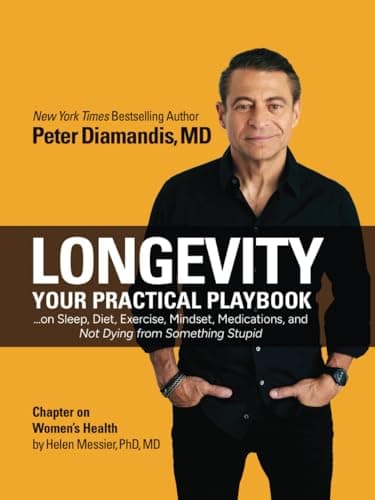Weekly 150 Minutes of Moderate Exercise Linked to 28% Reduction in Mortality

Medical and public health experts continue to underscore the profound benefits of regular physical activity, with recent discussions highlighting that just 150 minutes of moderate exercise per week can significantly reduce the risk of death. Dr. Peter H. Diamandis, MD, emphasized this point on social media, stating, > "150 minutes of exercise a week cuts your risk of death by 28%. If a pill did that, it would be the biggest blockbuster drug in history... and you can get it for free." This assertion aligns with extensive scientific research and global health recommendations.
Major health organizations, including the World Health Organization (WHO) and the American Heart Association (AHA), consistently recommend at least 150 minutes of moderate-intensity aerobic activity or 75 minutes of vigorous-intensity activity per week for adults. Studies have shown that individuals who meet these guidelines experience a substantially lower risk of all-cause mortality. For instance, research published in Circulation found that adults engaging in 150-300 minutes of moderate physical activity per week had a 26% to 31% lower all-cause mortality risk and a 28% to 38% lower risk of cardiovascular disease mortality.
The comparison of exercise to a "blockbuster drug" by Dr. Diamandis underscores its unparalleled accessibility and cost-effectiveness as a health intervention. Unlike pharmaceutical solutions, regular physical activity is available to everyone without a prescription or financial burden, offering a powerful tool for disease prevention and improved longevity. This perspective encourages individuals to view exercise not as an optional activity, but as a fundamental component of health.
Further research indicates that even activity levels below the recommended 150 minutes can yield health benefits. A Taiwanese study published in The Lancet reported that just 90 minutes (or 15 minutes a day) of moderate-intensity exercise per week reduced all-cause mortality by 14% and extended life expectancy by three years. Conversely, exceeding the minimum recommendations, up to two to four times the amount, can lead to even greater reductions in mortality, as highlighted by the Circulation study, without evidence of harmful cardiovascular effects from high, long-term vigorous activity.
The consensus from the medical community is clear: incorporating consistent physical activity into daily life is a critical strategy for enhancing overall health and extending lifespan. Public health initiatives continue to advocate for increased physical activity, recognizing its vital role in combating noncommunicable diseases and reducing the global burden on healthcare systems. The message remains that any amount of physical activity is better than none, and consistent effort yields significant, life-saving returns.